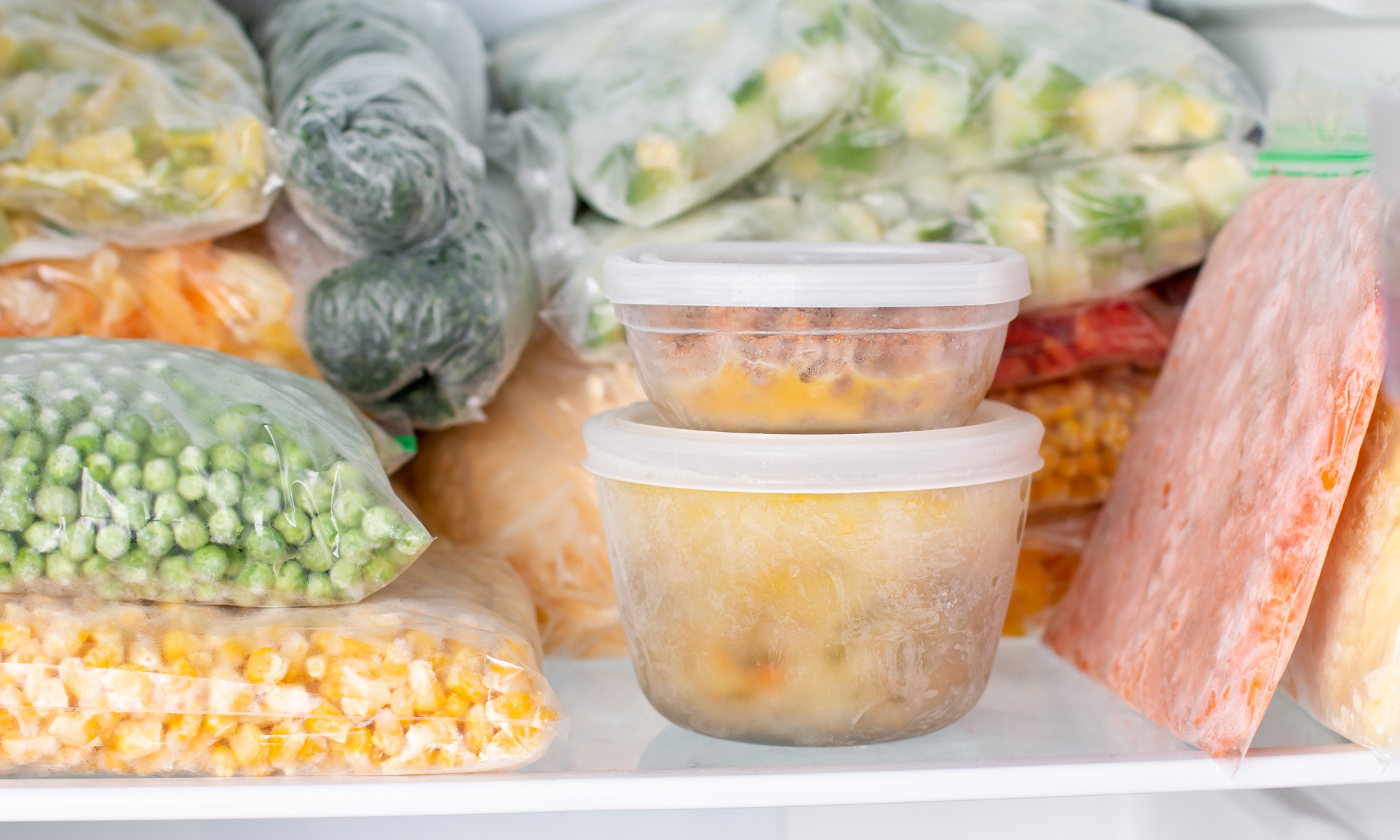The Benefits of Frozen Organic Vegetables: Nutritious, Convenient, and Sustainable
In today’s fast-paced world, maintaining a healthy diet while balancing a busy schedule can be a challenge. Enter frozen organic vegetables—an often-overlooked gem in the world of nutrition and convenience. Whether you’re cooking a quick meal after a long day, planning for the future, or aiming to reduce food waste, frozen organic vegetables offer an array of benefits that make them a smart choice for health-conscious and environmentally-aware consumers. Let’s explore why frozen organic vegetables are more than just a convenience—they’re a sustainable, nutritious, and economical option that supports both individual health and the planet.
1. Preserving Nutrients at Their Peak
One of the most significant benefits of frozen organic vegetables is their ability to retain nutrients. Unlike fresh vegetables that may lose vitamins and minerals during long storage and transportation times, frozen vegetables are typically picked at the peak of ripeness and flash-frozen within hours of harvest. This process locks in the nutrients—particularly vitamins and antioxidants—that are often lost in fresh produce over time.
Studies show that some frozen vegetables can actually retain more nutrients than their fresh counterparts, especially when the latter have been sitting on store shelves for extended periods. For example, frozen peas, spinach, and broccoli often contain higher levels of vitamin C and other antioxidants compared to fresh vegetables that have been stored for several days or shipped long distances. By choosing frozen organic vegetables, you ensure that you’re getting a nutrient-dense food option, even if it’s not “fresh” from the garden.
2. Convenience Without Compromising Quality
Frozen organic vegetables offer unparalleled convenience without sacrificing quality. They are pre-washed, peeled, and chopped, ready to be tossed into your dish straight from the freezer. This saves you valuable time in the kitchen, making meal preparation quicker and easier, particularly for busy families or individuals on tight schedules.
Whether you’re making soups, stir-fries, casseroles, or smoothies, having a stash of frozen organic vegetables allows you to skip the prep work and avoid the risk of ingredients going bad. You can store a variety of organic vegetables in your freezer, so you always have access to a healthy meal option at your fingertips, even when fresh produce isn’t available or you don’t have time for a full grocery trip.
3. Long Shelf Life and Reduced Food Waste
One of the most eco-friendly aspects of frozen organic vegetables is their long shelf life. Unlike fresh produce, which can spoil within a few days or weeks, frozen vegetables can be stored for months—sometimes up to a year or more—without compromising their nutritional value or taste. This extended shelf life not only saves you money but also helps reduce food waste, a significant issue in the UK and worldwide.
Every year, millions of tons of food are wasted because it spoils before it’s consumed. By opting for frozen organic vegetables, you can buy in bulk without worrying about produce going bad. You can portion out what you need and keep the rest frozen until you’re ready to use it, helping to minimize waste and optimize your grocery budget. It’s a win-win situation for both your wallet and the environment.
4. Sustainability: A Lower Carbon Footprint
Frozen organic vegetables are often a more sustainable choice when compared to fresh, conventionally grown produce that is shipped long distances. Because they are frozen at the peak of freshness and stored for longer periods, they require less frequent transport and packaging. This results in fewer carbon emissions from transportation, helping to reduce the environmental impact of your food choices.
Additionally, organic farming practices—such as crop rotation, the use of natural fertilizers, and the avoidance of synthetic chemicals—contribute to improved soil health and biodiversity. By choosing frozen organic vegetables, you are not only reducing your carbon footprint but also supporting environmentally responsible farming practices. This makes them a more sustainable choice for individuals looking to minimize their impact on the planet while enjoying healthy, organic food.
5. Affordable Organic Options
Organic vegetables can often be more expensive than conventionally grown produce, particularly when bought fresh. However, frozen organic vegetables offer a more affordable alternative without compromising on quality or nutrition. Since frozen vegetables are harvested in bulk and preserved for longer storage, they tend to be more cost-effective compared to fresh organic options.
In addition, buying frozen organic vegetables can help reduce the need for frequent trips to the grocery store, saving you money on transportation and impulse purchases. Over time, incorporating frozen organic vegetables into your diet can significantly reduce your overall food spending, especially for items that are typically more expensive when fresh, such as organic kale, peas, or spinach.
6. Supporting Local and Seasonal Agriculture
Many frozen organic vegetables are sourced from local farms and growers that prioritize sustainable practices. Buying frozen organic produce can help you support these farmers while also ensuring that you are consuming food that is in season. By freezing vegetables at their peak, the industry can provide consumers with a wide variety of vegetables year-round, even those that may not be locally available in certain seasons.
This means you can enjoy nutrient-dense, organic produce regardless of the time of year, while still supporting local agriculture and seasonal farming cycles. Additionally, because the vegetables are grown and frozen regionally, there is often less food miles associated with the production of frozen organic vegetables compared to importing fresh organic produce from far-flung places.

